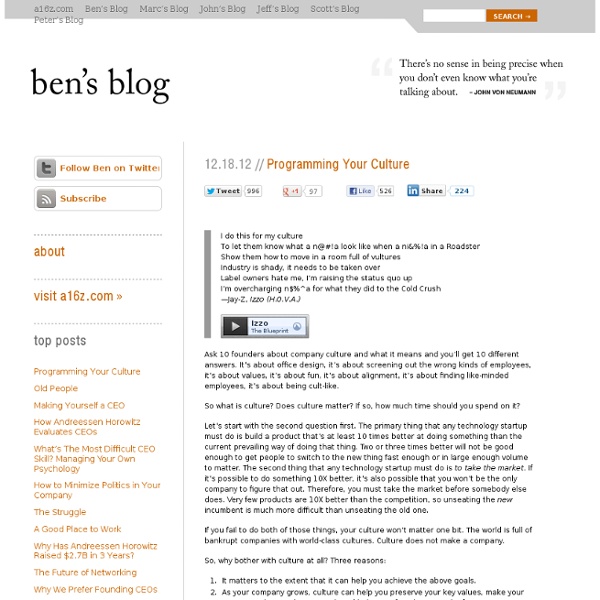



BLDGBLOG prosthetic knowledge This story is already doing the rounds but is still very interesting - Machine Learning research from Georgia Tech manages to clone game design from a video recording. The top GIF is the reconstructed clone, the bottom gif is from the video recording: Georgia Institute of Technology researchers have developed a new approach using an artificial intelligence to learn a complete game engine, the basic software of a game that governs everything from character movement to rendering graphics.Their AI system watches less than two minutes of gameplay video and then builds its own model of how the game operates by studying the frames and making predictions of future events, such as what path a character will choose or how enemies might react.To get their AI agent to create an accurate predictive model that could account for all the physics of a 2D platform-style game, the team trained the AI on a single “speedrunner” video, where a player heads straight for the goal.
Knight Science Journalism Program at MIT Philip J. Hilts, the director of the Knight Science Journalism Program at MIT and a former science reporter for The New York Times and The Washington Post, has announced that he will retire at the end of June. Hilts, who took over the program in 2008, expanded its international reach and added training in video and audio storytelling. And under his leadership, the number of applicants for the year-long Knight Science Journalism fellowships for science reporters grew from about 80 per year to about 150 per year. "The Knight Program has been a tremendous asset to MIT, and a powerful resource for our understanding of the relationship between science and technology and the public," said Deborah Fitzgerald, the Kenan Sahin Dean at the MIT School of Humanities, Arts, and Social Sciences.
Our Finite World | Providing a wide view of what may be ahead Do the Math | Using physics and estimation to assess energy, growth, options—by Tom Murphy It’s a bit off-topic for the series, but I can’t even go to Google now without being reminded of the World Cup and soccer this, soccer that. (Apologies to non-Americans who know the sport as football—but don’t get me started on football!) I have often wondered: given characteristic low score values, is soccer anything more than Poisson noise? When discussing this with colleagues, one pointed me to this XKCD comic, reproduced at right. Any random process that produces discrete events in some time interval, with uniform probability per unit time follows a Poisson distribution. My thesis is that soccer is an amalgam of random processes whose net effect produces rare events—those more-or-less unpredictable events spread more-or-less uniformly in time. Normally I allow comments on Do the Math for ten days after each post. Continue reading